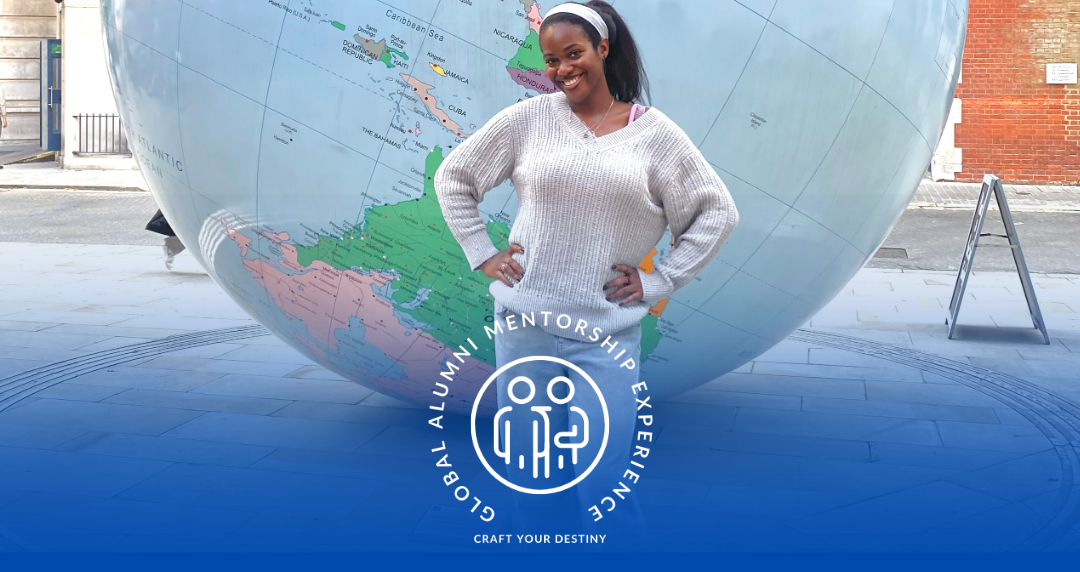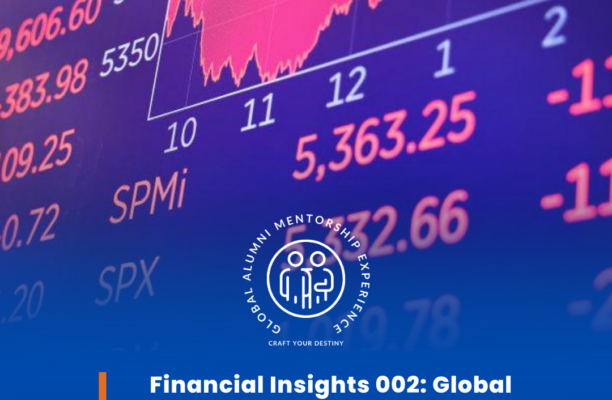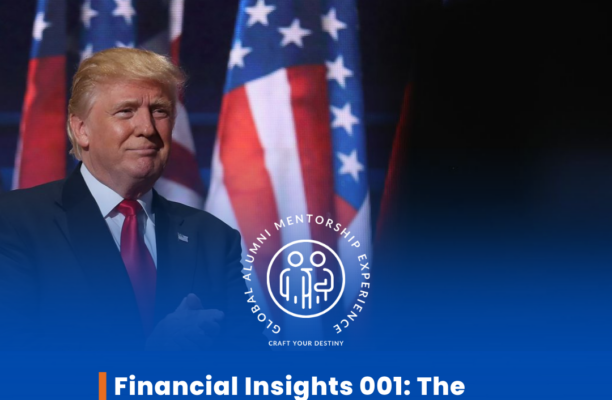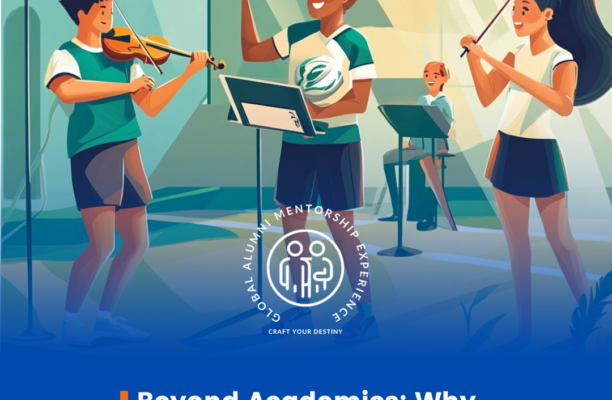The path to becoming a doctor is rarely straightforward, and my journey reflects the beautiful complexity of pursuing a medical career across continents. Born in the UK, raised in Lagos, Nigeria, and educated through an American curriculum before transitioning into the British education system, I have navigated educational landscapes that have shaped my professional aspirations in profound and unexpected ways.
My transition to the UK in Year 8 marked a significant turning point. Attending an independent all-girls Catholic school in Surrey, I quickly realised that my childhood dream of becoming a doctor required more than just academic excellence. I needed strategic planning, dedication, and an understanding of what it truly takes to thrive in medicine.
Science has always been my sanctuary. Chemistry and Biology weren’t just subjects for me, they were passageways into understanding the intricate mechanisms of human life. These disciplines weren’t merely academic pursuits; they were the foundation of my goal to make tangible differences in people’s lives. As I approached sixth form, my abstract dream of medical practice began transforming into a concrete plan. Strategic preparation became my mantra, and I sought out opportunities beyond the classroom to distinguish my medical school application.
The Importance of Real-World Experience
In a competitive field like medicine, experience speaks louder than grades. From an early stage, I knew that exposure to healthcare environments would give me a deeper understanding of what it means to be a doctor.
One of the most defining moments in my journey was my first hospital placement in Lagos. Observing patient care in a fast-paced, resource-constrained environment was eye-opening. I later secured a more comprehensive placement in a London hospital, which gave me a comparative perspective on different healthcare systems. These experiences were invaluable, offering me insight into the realities of medical practice across different settings.
Then came the COVID-19 pandemic, which disrupted everything including work experience opportunities. However, it also opened new doors. Virtual medical work experience platforms made it possible to continue learning, despite geographical barriers.
But my most transformative experience came when I travelled to Tanzania for a medical volunteering programme at Mt. Meru Regional Referral Hospital. Working in the maternity department, I witnessed over ten births, assisted in Caesarean sections, and scrubbed into my first surgery to help deliver a healthy baby boy.
It was an experience I had dreamt of since I was six years old, and in that moment, I felt the weight of the responsibility and privilege that comes with being a doctor.
For anyone looking to pursue medicine, I can’t stress enough how important it is to step beyond the classroom.
The best way to grow is to challenge yourself, see medicine in action, and gain a deeper appreciation for the work you’re preparing to do.
Tackling the Challenges of Medical School Applications
Applying to medical school in the UK is infamously complex. The process required meticulous research and preparation, navigating UCAS applications, strategically selecting A-levels, and preparing for entrance examinations like the UCAT and BMAT.
I applied to four medical schools, attended two interviews, and ultimately received one offer. The application process tested my resilience, but it also taught me an important lesson:
Never be discouraged by failure. Every rejection is redirection, and resilience is what separates those who make it from those who don’t.
Medicine is an incredibly competitive field, and not everything will go as planned. But setbacks don’t define you. How you respond to them does.
A Global Perspective: Combining Medicine with Policy
While clinical medicine remains at the core of my ambitions, I’ve always been drawn to the bigger picture of healthcare. Pursuing a Master’s in Health and International Development at the London School of Economics has given me a broader perspective on global health challenges.
The impact of medicine isn’t just about the patients you treat—it’s about the systems in place that determine who gets treated in the first place.
I hope to transfer my expertise back to Nigeria one day, working on sustainable healthcare solutions that improve accessibility and outcomes. My experiences in Tanzania and my studies at LSE have reinforced the importance of looking at medicine through a global lens. By combining clinical knowledge with an understanding of health systems and policy, I want to create lasting change that extends beyond individual patient care.
Academic Excellence and Growth
Throughout my journey, I have balanced academic excellence with leadership, research, and community involvement. Achieving a Level 1 Distinction after my first two years at Southampton was a proud moment, but one of my biggest achievements was publishing my first scientific paper, exploring skeletal health in early childhood.
Set ambitious goals, but don’t get overwhelmed by them. Take things one step at a time, and you’ll be amazed at how much you can accomplish.
Being nominated for Society Member of the Year for my contributions to the Medical Society was another highlight. It reinforced my belief that success in medicine isn’t just about individual achievement, it’s about using your skills to help others grow too.
Advice for Aspiring Medical Students
If you’re thinking about pursuing medicine, here’s what I’ve learned:
- Be Strategic: Choose your A-level subjects wisely, and make sure every part of your application tells a story about who you are and why you’re suited for medicine.
- Seek Real-World Experience: Hands-on exposure will not only strengthen your application but also confirm whether this career is truly for you.
- Prepare for Setbacks: The process is competitive, and rejections are part of the journey. Learn from them and keep moving forward.
- Look Beyond the Classroom: Medicine is about more than just treating patients. Think about the bigger picture—whether it’s research, policy, or public health.
- Stay Passionate: Medicine is demanding, but if you love it, the challenges will be worth it. Find ways to remind yourself why you started.
My Key Takeaways
Reflecting on my journey so far, I’ve realised that medicine is not just about academic excellence. It requires resilience, adaptability, and a commitment to continuous learning.
The best doctors aren’t just those who know the most—they’re the ones who never stop growing, questioning, and finding ways to improve the lives of others.
Every experience I’ve had, from publishing research to volunteering in hospitals, has shaped my perspective on medicine. I’m still learning, growing, and discovering where this path will take me.
For anyone considering a career in medicine, I hope my story serves as a reminder that this journey isn’t just about grades and applications; it’s about a lifelong commitment to making an impact. The road ahead may not always be easy, but if you stay focused, open-minded, and passionate, it will always be worth it.





Leave your comment